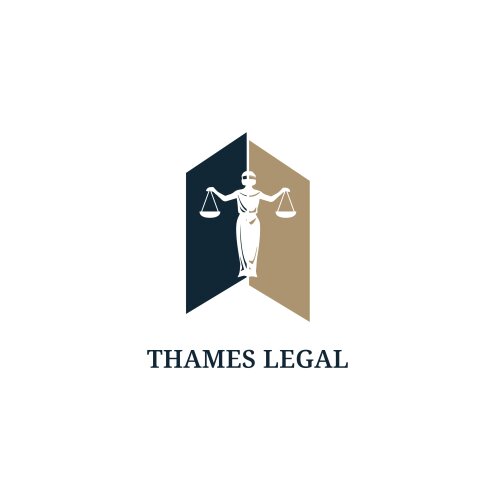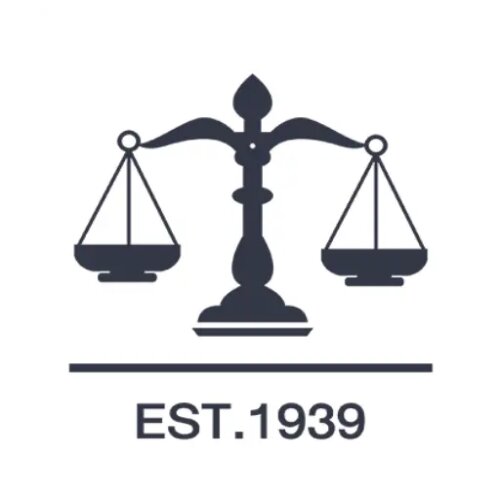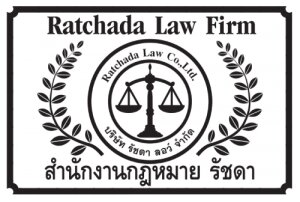Best Bankruptcy Lawyers in Thailand
Share your needs with us, get contacted by law firms.
Free. Takes 2 min.
Or refine your search by selecting a city:
List of the best lawyers in Thailand
Legal guides written by GPS Legal:
- Thailand’s SMART Visa program: What you should know
- Estate planning goes beyond wills
- Buying a condo in Thailand as a foreigner
Thailand Bankruptcy Legal Articles
Browse our 1 legal article about Bankruptcy in Thailand written by expert lawyers.
- How to File for Bankruptcy in Thailand
- The economic landscape of Thailand has seen its share of ups and downs over the years, with the 1997 Asian financial crisis leaving an indelible mark on the country's financial system. This crisis forced Thailand to reevaluate its financial institutions and legal frameworks. As a response to the corporate defaults... Read more →
About Bankruptcy Law in Thailand
Bankruptcy law in Thailand provides a legal process through which individuals or businesses unable to repay outstanding debts can seek relief from some or all of their financial obligations. The main legislation governing bankruptcy in Thailand is the Bankruptcy Act B.E. 2483 (1940), along with its subsequent amendments. This law outlines the procedures for bankruptcy filings, the roles of involved parties, and the distribution of assets. Bankruptcy proceedings are predominantly handled through the Central Bankruptcy Court, which ensures an orderly resolution process for both debtors and creditors.
Why You May Need a Lawyer
Engaging a lawyer in bankruptcy matters in Thailand can be crucial due to the complexity and nuances of the law. Common situations requiring legal assistance include:
- Navigating the bankruptcy filing process, which includes submitting detailed documentation and complying with procedural requirements.
- Negotiating with creditors or defending against bankruptcy claims initiated by creditors.
- Understanding rights and obligations under Thai bankruptcy law to ensure compliance and protect one's assets.
- Guidance on the implications of bankruptcy on personal or business credit and future financial prospects.
- Representing clients in court proceedings, which may involve intricate legal arguments and procedural defenses.
Local Laws Overview
The key aspects of bankruptcy law in Thailand include:
- Eligibility: An individual or entity may be declared bankrupt if unable to pay debts totaling at least 1 million baht for individuals and 2 million baht for businesses.
- Bankruptcy Process: The process involves filing a bankruptcy petition. If accepted, the court may declare a legal state of bankruptcy and appoint an official receiver to manage the debtor's assets.
- Corporate Rehabilitation: Businesses may opt for rehabilitation under court supervision as an alternative to liquidation, aiming to restructure debts and continue operations.
- Liquidation: Once declared bankrupt, the debtor’s non-exempt assets are distributed among creditors as per legal priorities.
- Discharge from Bankruptcy: A debtor can be discharged from bankruptcy typically after three years, subject to compliance with the court's conditions.
Frequently Asked Questions
What is the threshold for filing bankruptcy in Thailand?
For individuals, the debt must be at least 1 million baht, while companies need a minimum debt of 2 million baht to be eligible for bankruptcy proceedings.
Can a foreigner file for bankruptcy in Thailand?
Yes, foreigners can file for bankruptcy in Thailand if they have debts that meet the required thresholds and are domiciled or have business interests in Thailand.
What is the difference between bankruptcy and business rehabilitation?
Bankruptcy typically leads to asset liquidation to repay creditors, whereas business rehabilitation aims to restructure the debts and continue operations under court supervision.
How can bankruptcy affect my ability to obtain credit in the future?
Bankruptcy can have a significant impact on credit scores and future borrowing ability. However, over time and with financial prudence, it is possible to rebuild creditworthiness.
What are the consequences of being declared bankrupt in Thailand?
Consequences include asset liquidation, a potential ban on managing assets or businesses, and possible restrictions on professional licenses and international travel.
Can I protect any assets during bankruptcy proceedings?
Certain personal assets may be exempt from liquidation, but this is determined by the court based on specific legal criteria and needs representation to argue effectively.
What role does the official receiver play in bankruptcy?
The official receiver manages the debtor’s assets, investigates financial records, and ensures the equitable distribution of proceeds to creditors.
Can creditors object to a bankruptcy petition?
Yes, creditors can object if they believe the petition does not meet legal requirements or if there are other grounds to oppose it.
Is it possible to negotiate with creditors before filing for bankruptcy?
Yes, negotiations or settlements with creditors are often a viable strategy to avoid formal bankruptcy proceedings, sometimes resulting in more favorable terms.
How long does the bankruptcy process usually take in Thailand?
The process duration can vary, but bankruptcy typically runs its course within three years, after which a debtor may apply for discharge.
Lawzana helps you find the best lawyers and law firms in Thailand through a curated and pre-screened list of qualified legal professionals. Our platform offers rankings and detailed profiles of attorneys and law firms, allowing you to compare based on practice areas, including Bankruptcy, experience, and client feedback.
Each profile includes a description of the firm's areas of practice, client reviews, team members and partners, year of establishment, spoken languages, office locations, contact information, social media presence, and any published articles or resources. Most firms on our platform speak English and are experienced in both local and international legal matters.
Get a quote from top-rated law firms in Thailand — quickly, securely, and without unnecessary hassle.
Disclaimer:
The information provided on this page is for general informational purposes only and does not constitute legal advice. While we strive to ensure the accuracy and relevance of the content, legal information may change over time, and interpretations of the law can vary. You should always consult with a qualified legal professional for advice specific to your situation.
We disclaim all liability for actions taken or not taken based on the content of this page. If you believe any information is incorrect or outdated, please contact us, and we will review and update it where appropriate.
Browse bankruptcy law firms by city in Thailand
Refine your search by selecting a city.
















